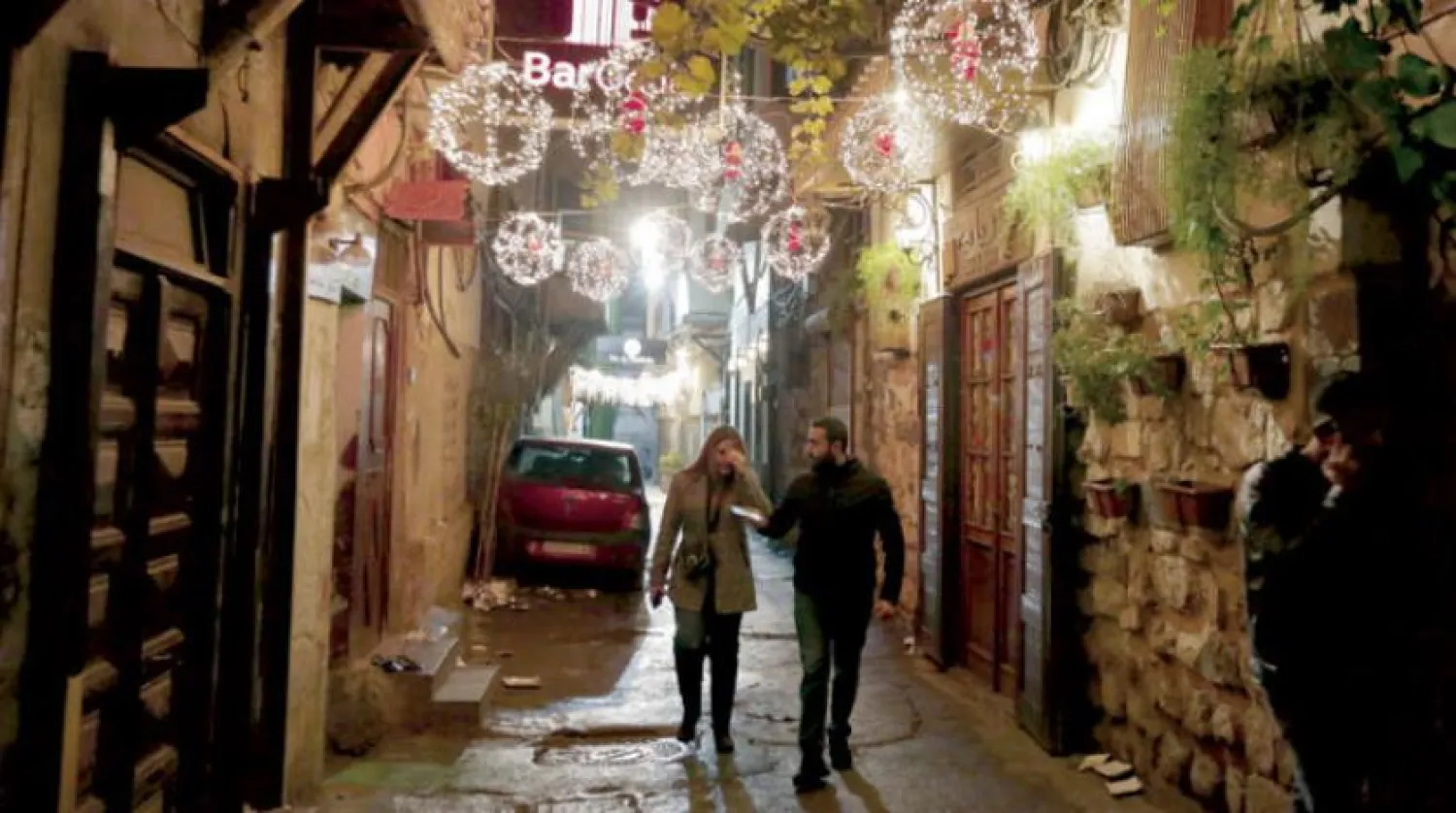Amid devastating living conditions, the lack of food security haunts many Damascene families who had already lost hope on the situation improving as their national currency sinks against increased prices of commodities.
Despite the active scene in markets, desperation remains a common denominator for shoppers stomped by hiked prices.
Syrians suffer an aggravated economic crisis that continues as a result of the Syrian pound plummeting against the US dollar.
The value of the Syrian pound on the black market sank from 600 to 1,000 to the dollar at some money changers last November. It later stabilized around 900-910 to the dollar in December.
The national currency’s nosedive sparked a 40 percent price increase for food commodities.
A kilo of sugar today costs around 450 pounds after it was about 250 pounds, the price of a liter of vegetable oil jumped to 1,150 pounds after it was around 600 pounds, while the price of a kilo of potatoes soared to more than 300 pounds, after it was 200 pounds.
In Syria, the average wages for public sector workers range between 20,000 pounds and 40,000 pounds per month. As for the private sector, an individual is paid between 100,000 to 150,000 pounds.
Studies and reports confirm that more than 93% of Syrians live below the poverty line.
A public sector worker, speaking under the conditions of anonymity, complained about the strained life situation and said: “We have become obsessed with thinking day and night about how to secure food for our families. It has become a nightmare.”
Another private company employee believes that living under current conditions has become “almost impossible,” and confirms that most families are spending winter with no access to heating.









